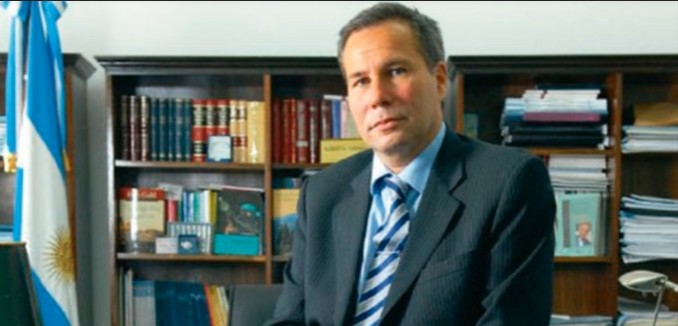In an op-ed published in The New York Times on Monday, Mark Dubowitz and Toby Dershowitz argued that the treason charge sought against Argentinian ex-President Cristina Fernández de Kirchner and a number of her top aides, vindicates the late Alberto Nisman’s investigation into the 1994 AMIA bombing.
Last Thursday, Argentinians woke up to a political earthquake as the federal judge Claudio Bonadio, who investigated Kirchner’s government role in covering up Iran’s involvement in the 1994 bombing of the Jewish community center, indicted Kirchner, Foreign Minister Hector Timerman, as well as other government officials. Dubowitz and Dershowitz, respectively the CEO and senior vice president of the Foundation for Defense of Democracies, explained that Kirchner was being charged with “nothing less than covering up Iran’s role in one of the deadliest terrorist attacks in the Americas before Sept. 11.”
Charges against Kirchner include “treason against the homeland” and she could spend 25 years in jail. The judge has asked lawmakers in the Senate to strip away her parliamentary immunity so that she can be arrested and tried.
From 2004 to 2015, Dubowitz and Dershowitz recounted, Alberto Nisman investigated the AMIA terror attack and concluded that Iran planned it, and that later, the Kirchner government sought to “whitewash” the Islamic Republic’s role in the attack by establishing a joint “truth commission” that would allow them to identify the culprits of the bombing. The memorandum of understanding between Argentina and Iran would also remove Interpol’s red notices (similar to arrest warrants) against the perpetrators.
Kirchner’s government, with the help of Foreign Minister Hector Timerman, established backchannels by way of Syria, to negotiate the secret pact.
Nisman was found dead in his apartment the day before he was due to testify before Congress about his findings in January 2015.
“In a normal democracy,” the experts noted, “investigating the murders of a man like Alberto Nisman would be a top priority.” It wasn’t until December 2015, when Mauricio Macri, the newly elected president, ordered an independent investigation.
The authors recalled Kirchner’s strange announcements that followed the death of Nisman. She changed her story multiple times about how Nisman died. Over the years, Nisman had received numerous death threats against him and his children. Despite this, Nisman showed that Iran’s former president, Ali Akbar Hashemi Rafsanjani; as well as the intelligence and foreign minister; the leader of Iran’s Islamic Revolutionary Guard Corps; and several others were implicated in the AMIA plot.
In his investigation, Nisman warned that Kirchner’s government attempted to cover up Iran’s role in the AMIA attack, that Iran was present in other Latin American countries such as Brazil, Uruguay, and Chile, and that they were using “mosques, social service organizations and its won embassies to radicalize and recruit terrorists.”
In the end, Dubowitz and Dershowitz noted that more challenges lie ahead in Latin America as both Iran and Hezbollah have deeply penetrated the region.
[Photo: Hernan Dobry / YouTube]




